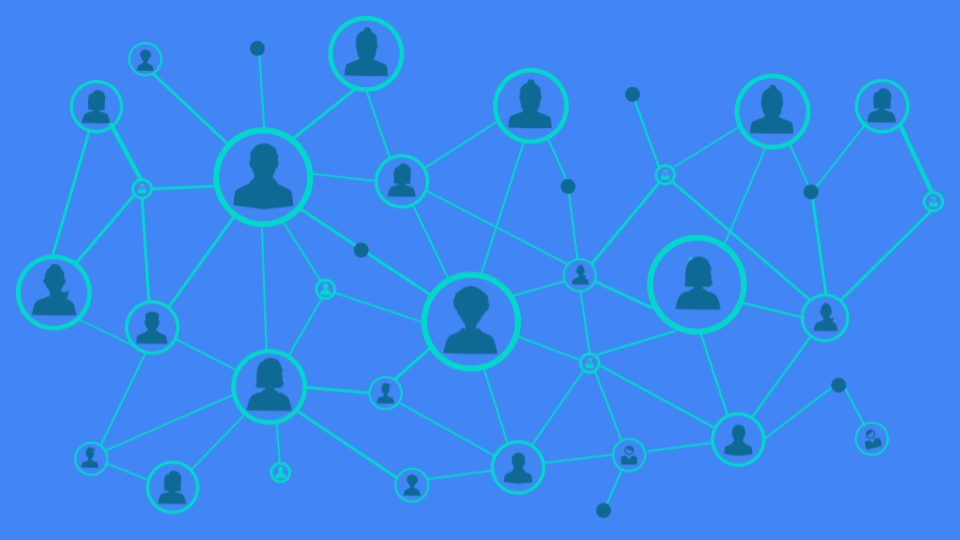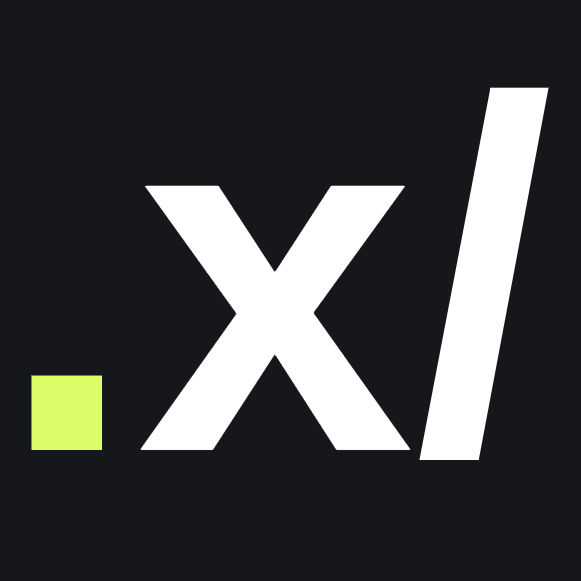4 min to read
The Transformative Potential of Handshake Protocol on the Web
Revolutionizing the Internet Through Decentralized Domain Ownership and Digital Democracy

True Ownership of Domains
Decentralized Control
Handshake [1] allows individuals and organizations to truly own their domain names through a decentralized model. Unlike the current DNS system, where domain registration is subject to the control of centralized authorities, Handshake enables users to register and manage their domains on a blockchain. This decentralized control means:
- No Intermediaries: Users can manage their domains directly, eliminating reliance on registrars that can impose fees or restrictions.
- Permanent Ownership: Once a domain is registered on Handshake, t cannot be taken away without the owner’s consent, enhancing stability and trust.
Empowering Users
This shift in ownership empowers users, allowing them to create websites and online services free from the fear of arbitrary seizure or censorship. It encourages creativity and entrepreneurship, particularly for marginalized voices and communities.
Enhanced Security and Privacy
Robust Defense Against Attacks
Handshake’s architecture significantly mitigates risks associated with common web attacks, such as DNS spoofing and DDoS attacks. The benefits include:
- Immutable Records: The use of blockchain ensures that ownership records are tamper-proof, making it difficult for malicious actors to hijack domains.
- Decentralized Certificate Management: By eliminating reliance on centralized Certificate Authorities (CAs), Handshake reduces vulnerabilities associated with compromised CAs, fostering a more secure web environment.
Privacy by Design
Handshake’s features, such as zero-knowledge proofs, enhance user privacy. Users can prove ownership without revealing sensitive information, which is increasingly critical in an era of data breaches and surveillance. This commitment to privacy could redefine how personal information is handled online.
Censorship Resistance
Free Speech Protection
The decentralized nature of Handshake inherently resists censorship. Websites hosted on Handshake are less susceptible to governmental or corporate pressure to remove content, ensuring that diverse perspectives and voices can flourish. This could lead to:
- More Inclusive Dialogue: A platform where marginalized communities can express themselves freely and without fear of retaliation.
- Resilience Against Authoritarianism: In regions with oppressive regimes, Handshake could serve as a vital tool for activists and dissidents to communicate and organize.
Innovation and New Business Models
Facilitating Decentralized Applications
Handshake provides a robust infrastructure for developing decentralized applications (dApps) that leverage its unique features. This could lead to:
- New Revenue Streams: Entrepreneurs can create innovative business models built on user-owned domains, fostering a new wave of economic activity.
- Creative Solutions: Developers could explore decentralized finance (DeFi), social networks, and other applications that prioritize user control and engagement.
Encouraging Open Standards
By promoting open standards for domain naming, Handshake encourages collaboration and innovation. Developers can build on a common framework, leading to more cohesive and interoperable web services.
Global Accessibility and Inclusivity
Bridging the Digital Divide
Handshake’s decentralized nature could provide internet access to regions with limited infrastructure. By allowing users to manage their domains without centralized control, it opens doors for:
- Low-Cost Solutions: Communities can set up their own DNS services, reducing costs associated with traditional hosting and registration.
- Empowerment of Local Initiatives: Local organizations and startups can establish their online presence without facing barriers imposed by large providers.
Supporting Diverse Languages and Cultures
Handshake could support a wider array of top-level domains (TLDs) that reflect local languages and cultures, enabling more inclusive representation on the internet.
A Paradigm Shift in Web Governance
Community-Driven Decision Making
Handshake’s commitment to community governance means that all participants have a voice in the protocol’s evolution. This could lead to:
- Transparency and Accountability: A system where decisions are made openly, reducing the potential for corruption and manipulation.
- User-Centric Development: Enhancements and changes that directly reflect the needs and desires of the community rather than a select few stakeholders.
Redefining Trust Online
By shifting control from centralized entities to the users themselves, Handshake could help establish a new model of trust on the web. Users would have greater confidence in their online interactions, knowing they are engaging in a system designed for their benefit.
Conclusion
The Handshake Protocol holds the potential to revolutionize the web by promoting true ownership, enhancing security, ensuring censorship resistance, and fostering innovation. By empowering users and decentralizing control, Handshake could create a more equitable, resilient, and inclusive internet. As we stand on the cusp of this new era, the implications of Handshake could change everything—redefining not just how we access information, but how we interact, communicate, and transact in the digital age.



Comments